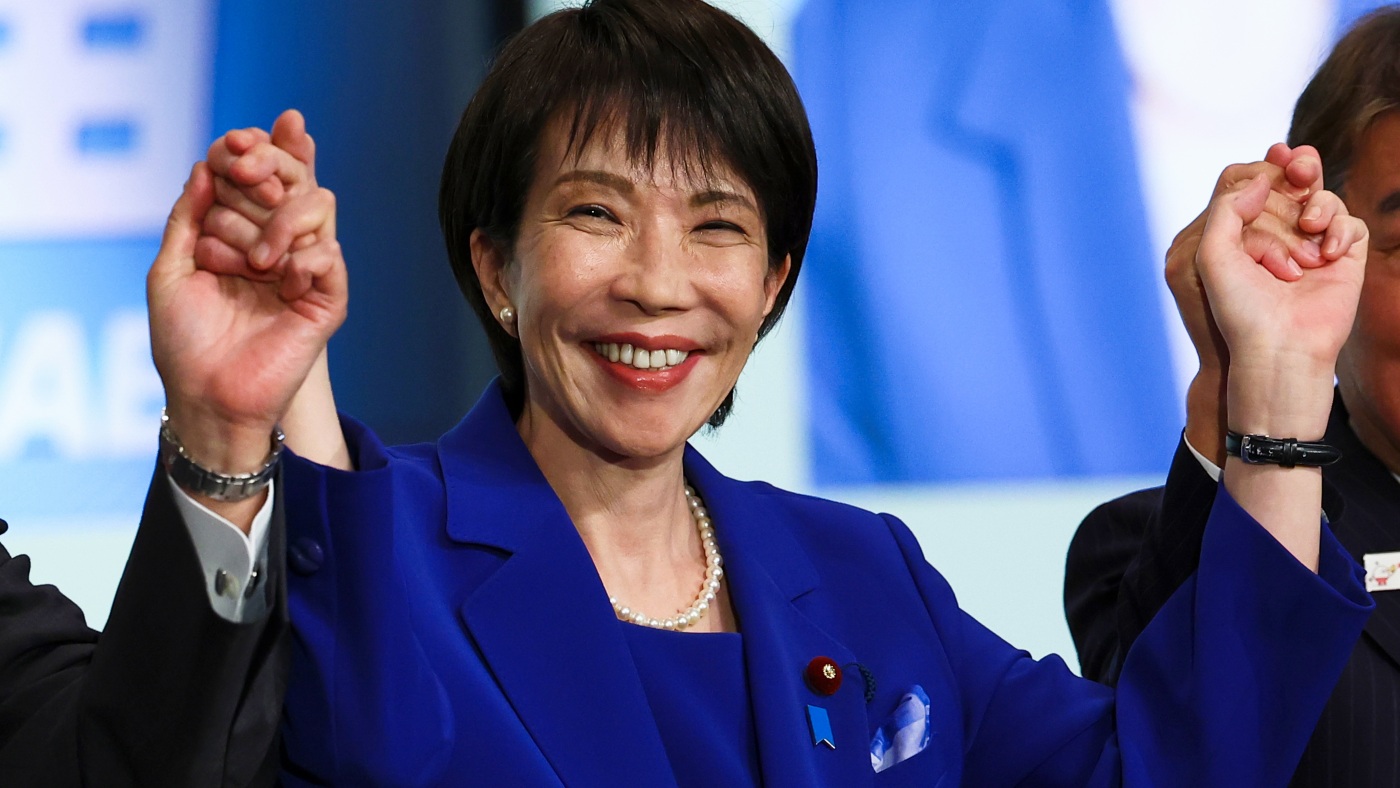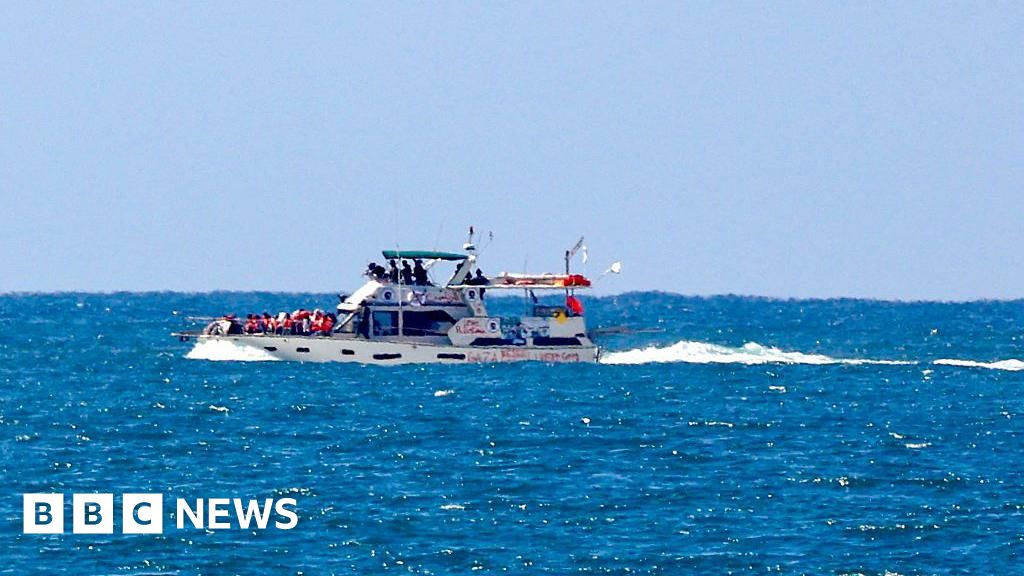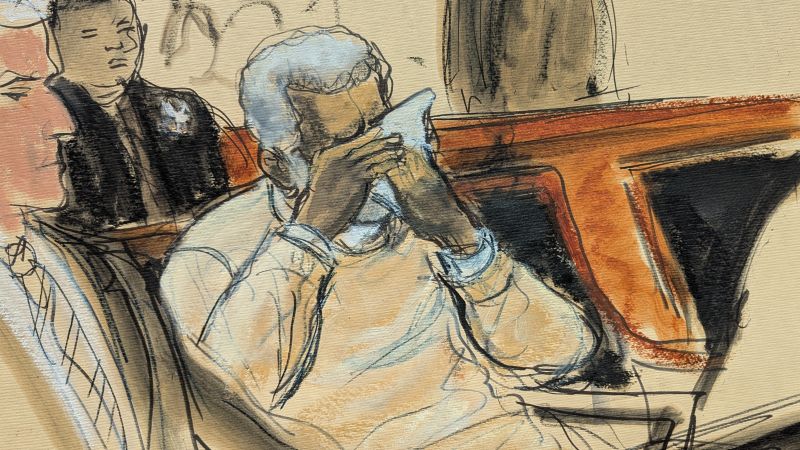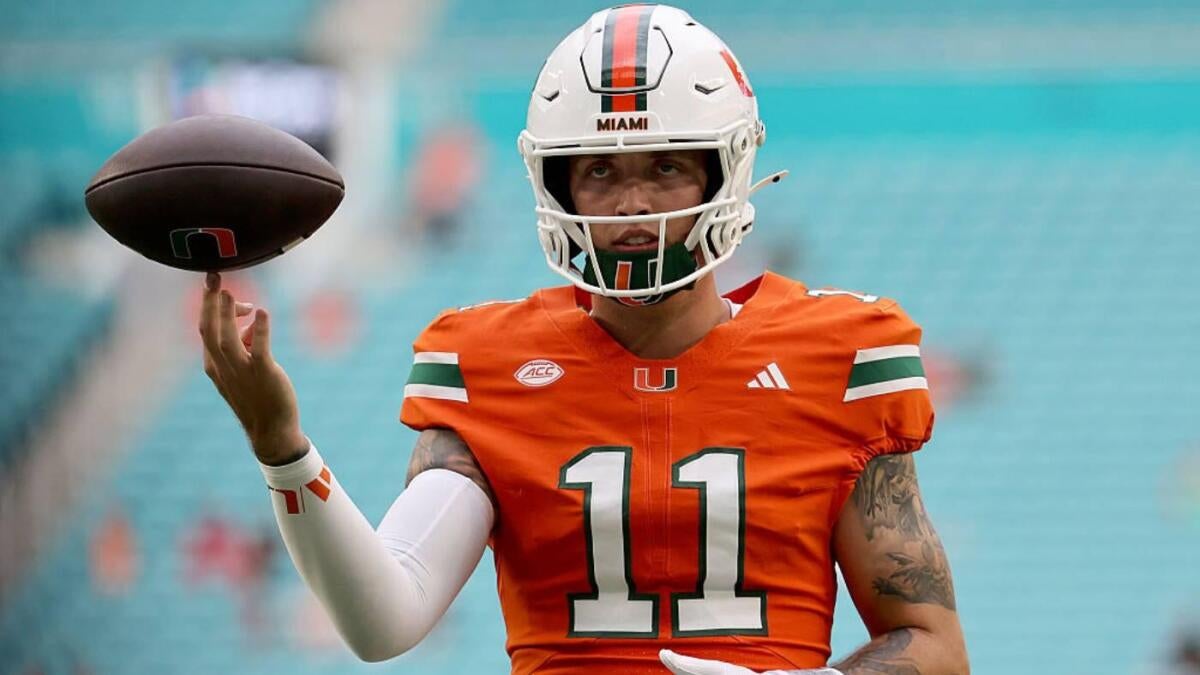Predicting what matters in fashion was once an elite sport, the province of those who attend runway shows in New York, Milan, London, and Paris. Now, artificial intelligence is revolutionizing how the industry forecasts trends, analyzing vast amounts of data to predict what consumers will want to wear months in advance.
Major fashion houses and retailers are increasingly turning to AI-powered trend forecasting systems that can process social media posts, street style photos, celebrity appearances, and even weather patterns to identify emerging fashion movements before they hit the mainstream.
Data-Driven Predictions
"We're seeing AI systems that can analyze millions of images from Instagram, TikTok, and other platforms to spot patterns that human forecasters might miss," explained Dr. Sarah Chen, a fashion technology researcher at Central Saint Martins in London. "These algorithms can identify color trends, silhouette preferences, and even predict which accessories will become popular."
Companies like WGSN and Trendalytics have developed sophisticated AI platforms that track fashion-related content across social media, analyzing everything from hashtag usage to image composition to predict future trends with remarkable accuracy.
The technology has proven particularly effective at identifying micro-trends that emerge from specific communities or geographic regions before spreading globally. "AI can spot a trend in Tokyo that might take six months to reach New York," said Chen.
Industry Adoption
Luxury brands like Gucci and Balenciaga have integrated AI trend forecasting into their design processes, using the technology to inform everything from color palettes to fabric choices. Fast-fashion retailers like Zara and H&M rely heavily on AI to quickly adapt to changing consumer preferences.
"The speed at which trends move today makes traditional forecasting methods obsolete," said Maria Rodriguez, head of trend analysis at a major European fashion retailer. "AI helps us stay ahead of the curve and reduce the risk of producing items that won't sell."
Challenges and Limitations
However, some industry experts caution that AI cannot replace human creativity and intuition entirely. "Fashion is ultimately about emotion and cultural context," said renowned fashion editor Anna Wintour. "While AI can identify patterns, it cannot understand the deeper cultural movements that drive fashion forward."
There are also concerns about the homogenization of fashion if too many brands rely on similar AI predictions. "We risk creating a world where everyone is wearing the same trends," warned Chen. "The challenge is using AI as a tool while maintaining creative diversity."
Future Applications
Looking ahead, fashion AI is expanding beyond trend prediction to include personalized styling recommendations, virtual try-on experiences, and even AI-generated designs. Some brands are experimenting with AI that can create entirely new garments based on consumer preferences and market data.
"We're entering an era where AI doesn't just predict trends—it helps create them," said Rodriguez. "The future of fashion will be a collaboration between human creativity and artificial intelligence."
As Paris Fashion Week continues, industry insiders are watching closely to see how AI predictions match reality, with early indicators suggesting the technology is becoming increasingly sophisticated at understanding the complex dynamics of global fashion trends.










